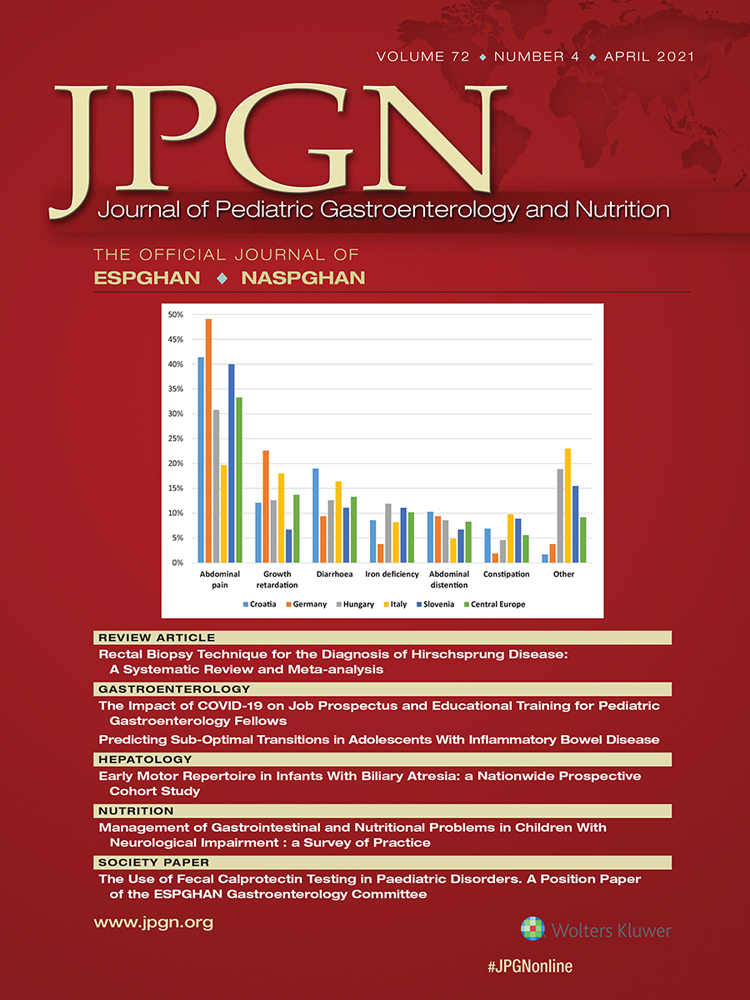The Effect of Helicobacter pylori on the Presentation and Clinical Course of Coronavirus Disease 2019 Infection
The authors report no conflicts of interest.
ABSTRACT
Objectives:
Novel coronavirus 2019 (corona virus disease 2019 [COVID-19]) binds angiotensin-converting enzyme-2 (ACE-2) receptors to enter the cell. These receptors are widely expressed in the intestine, and COVID-19 may cause gastrointestinal symptoms via these receptors during the course of the disease. Helicobacter pylori is known to increase the expression of ACE-2 receptors in the gastrointestinal tract. The aim of this study was to investigate the effects of H pylori on the presentation and clinical course of COVID-19 infections.
Methods:
This study was carried out from June 1 to July 20, 2020. Patients diagnosed with COVID-19 infections by PCR tests were included in the study. Antigen screening tests were performed on stool samples to determine the presence of H pylori. All patients were evaluated for manifestations of COVID-19 infection, severity of the course, hospitalized days because of the virus and outcome of the disease process.
Results:
Of 108 COVID-19 positive patients evaluated, 31 with a mean age of 49.54 ± 17.94 years were H pylori-positive (8 girls [25.8%]) and 77 with a mean age of 47.85 ± 20.51 years; (31 girls [40.3%]) were H pylori-negative. Abdominal pain (19.4% vs 2.6%) and diarrhea (32.3% vs 9.1%) were significantly higher in patients with H pylori than those without (P = 0.007 and P = 0.006, respectively). There was no statistically significant difference between H pylori positivity and the number of hospitalized days, the severity of the course of COVID-19 infection, or the outcome of the disease (P > 0.05).
Conclusion:
Our results revealed that the findings of abdominal pain and diarrhea strongly correlated with the presence of H pylori in COVID-19 patients.




